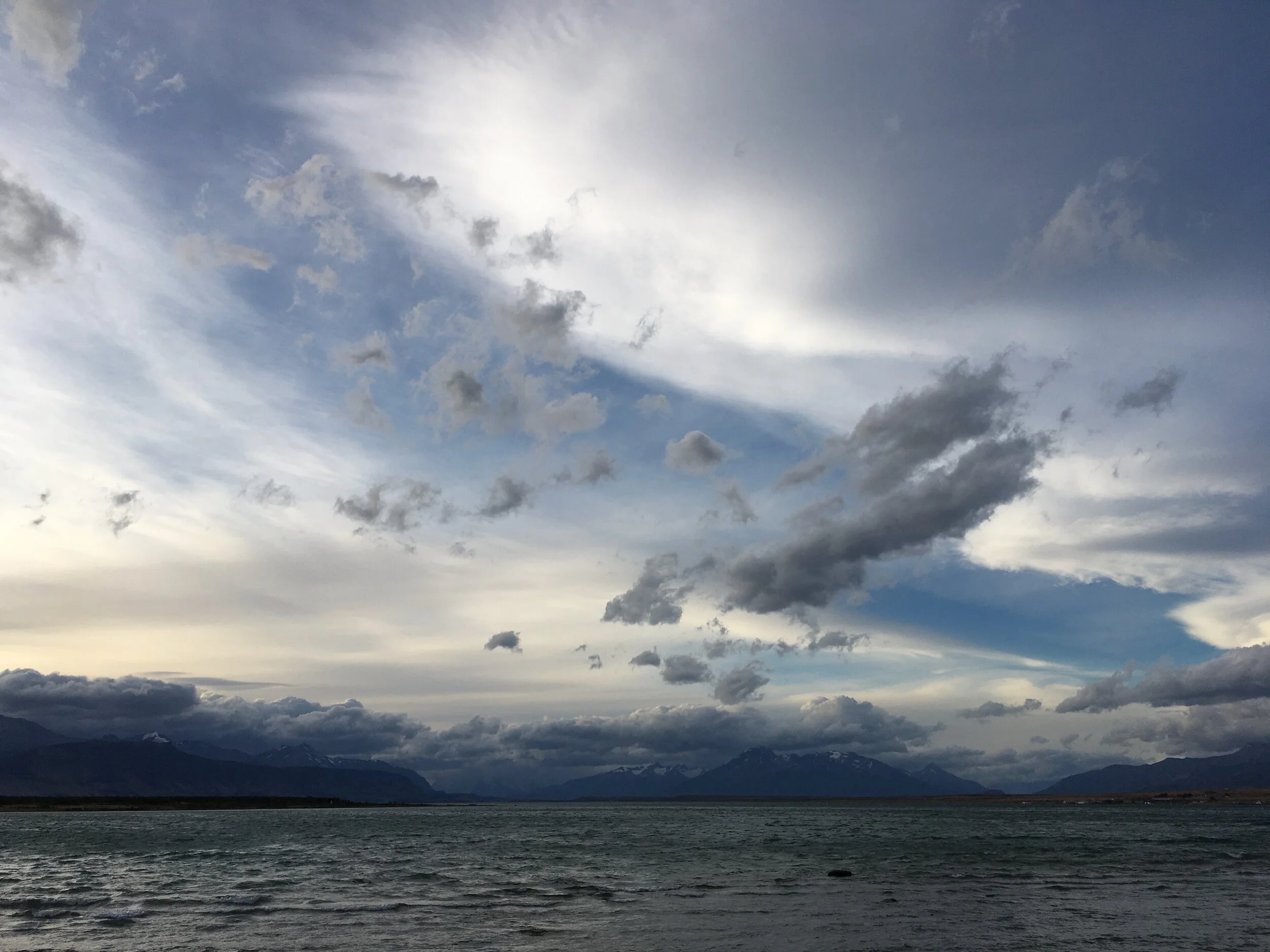The Geography of Hope
LATELY I’ve been feeling that I’m on a journey not entirely of my choosing, a journey without departure or arrival points. Without maps or charts either, for that matter. I’m wandering somewhere in between, looking for landmarks.
Meanwhile, summer is a day away and I barely remember frozen hands scrubbing winter horse buckets. I’ve almost forgotten climbing out of a warm bed in the dark now that the birds and the sunlight wake me just after five o’clock. Our untamed garden is taking beautiful care of itself, the sycamore-maple and the river birch stand strong, and my dog smells of fresh green grass all the livelong day. Mother Nature, I bring no complaint against You.
I treasure the sanctuary of my home—on a quiet street, with good neighbors, in a fine and picturesque little New England port city. I revel in the teetering stacks of books that filled the long winter evenings and will always be my company and my balm, whatever the season. And the farm where I work is an oasis of calm where the horses demonstrate the worth and purity of simple routine: sleep, graze, walk a great deal, and drink water.
But a restlessness, a brooding disquiet, has begun to underwrite my days and catch me off guard in moments of ease. The America I came looking for three decades ago—and found—is estranged from itself. America’s heart is heavy and aching and mine is too. I feel the kind of restlessness that can’t be fixed by a long weekend in London or Paris—even if I were willing to fly while the pandemic rages. I don’t want to run away and I don’t crave distraction. If anything, I have a need to go deeper, to learn this country and come to truly understand it. Because I’m still learning how to become an American. And I’m learning that it’s complicated.
Sometime, I’ll make the time to drive out west, to see what wild remains. I’ll take a big road trip through the country that Wallace Stegner and Edward Abbey talk to me about. There are too many cars on the New Jersey Turnpike for my liking, so I’ll head north and west and listen instead for the sound of mountain water. I’ll find the country that the pioneers and homesteaders were willing to bet on and lose their lives on. The West might not provide answers to all my questions about what this nation means and about its present unease, but if I look hard and deep and long enough it might remind me what it means to fight for the thing you believe in, and give it all you’ve got, and never back down.
“So if these essays begin in innocence, with a simple-minded love of ... landscape and experience, they move toward the attempt ... to understand what it is one loves, what is special or fragile about it, and how far love alone will take us.”
Wallace Stegner - Introduction to The Sound of Mountain Water
These are a few favorites from the teetering stacks, and include the books that I held in mind as I wrote this post:
Wallace Stegner, The Sound of Mountain Water Doubleday & Co., 1969
Edward Abbey, Desert Solitaire University of Arizona Press, 1968
David Gessner, All The Wild That Remains W.W. Norton & Co., 2016
It was many weeks ago that I last wrote in these pages. The past months have been challenging in some way to everyone and, while many aspects of my world remain blessedly unchanged, my writing priorities and routines have shifted. My writing here at Gone to come back is a work of pleasure and has had to take a back seat to other writing work. I’m also publishing a newsletter called Travel Section and I hope you’ll take a look at the current issue. If you enjoy it you can subscribe direct from the newsletter. Subscribing is free.
Thank you for reading, and please share your thoughts. If you have questions about the books I refer to or anything else I write about, please leave a comment. For anything else you can email me at Janette@Gonetocomeback.com.
My best to you,
Janette






